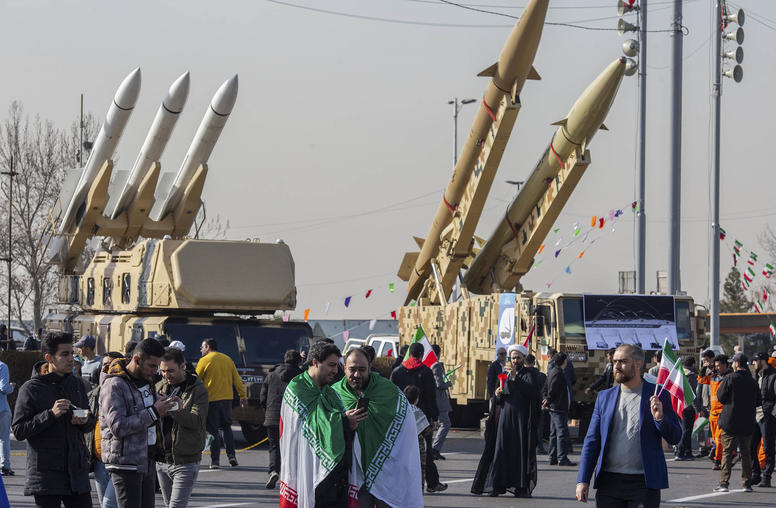The Road Ahead: Strategies for Improving U.S. - Islamic Relations
H.E. Ihsanoglu discussed OIC projects contributing to peacemaking and assessed the prospects of advancing U.S. - Islamic relations.
 “The enduring faith of over a billion people is so much bigger than the narrow hatred of a few. Islam is not part of the problem in combating violent extremism -- it is an important part of promoting peace,” President Obama, Cairo, June 2009.
“The enduring faith of over a billion people is so much bigger than the narrow hatred of a few. Islam is not part of the problem in combating violent extremism -- it is an important part of promoting peace,” President Obama, Cairo, June 2009.
.jpg) President Obama’s speeches at the U.N. Alliance for Civilizations meeting in Turkey and in Cairo have set a new course for peaceful coexistence between the U.S. and Islamic states. Obama outlined areas for scientific, cultural, social, economic, and political cooperation to advance mutual interests. One month earlier at the 36th session of Organization of Islamic Conference (OIC) sponsored meeting, the Council of Foreign Ministers identified conflict prevention and peacemaking as two priorities for member states. H.E. Ekmeleddin Ihsanoglu, secretary-general of the OIC, is very much involved in just this sort of work- identifying strategic partnerships between the U.S. and OIC member states to alleviate poverty, improve education, develop health care services, enhance economies, and support civil society activities.
President Obama’s speeches at the U.N. Alliance for Civilizations meeting in Turkey and in Cairo have set a new course for peaceful coexistence between the U.S. and Islamic states. Obama outlined areas for scientific, cultural, social, economic, and political cooperation to advance mutual interests. One month earlier at the 36th session of Organization of Islamic Conference (OIC) sponsored meeting, the Council of Foreign Ministers identified conflict prevention and peacemaking as two priorities for member states. H.E. Ekmeleddin Ihsanoglu, secretary-general of the OIC, is very much involved in just this sort of work- identifying strategic partnerships between the U.S. and OIC member states to alleviate poverty, improve education, develop health care services, enhance economies, and support civil society activities.
At this event, H.E. Ihsanoglu discussed specific OIC projects that were contributing to peacemaking and assessed the prospects of advancing U.S.-Islamic relations.
Speakers
- H.E. Ekmeleddin Ihsanoglu
Secretary-General, OIC - Richard Solomon, Introductory remarks
President, USIP - Qamar-ul Huda, Moderator
USIP



